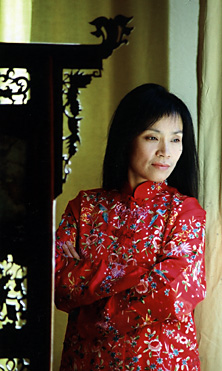
Pearl’s love affair with the poet Hsu Chih-mo is depicted as the life-changing event in Pearl’s creative life, although historians have only circumstantial proof the two were lovers. She marries Lossing Buck, who wants to enact Chinese agrarian reform, but the marriage sours by the time their mentally retarded daughter is born.

Pearl attends college in America but longs to return to China. Willow’s character isn’t fleshed out her only purpose seems to be to provide a secondhand, sketchy account of Pearl’s life, some of it through dry letters. Min gives Willow the skeleton of a story: She is forced into marriage with an opium addict, escapes and becomes a newspaper editor in Nanking, marries a Communist Party member, is denounced and imprisoned, meets Nixon during his visit to Pearl’s childhood home in Chin-Kiang.

But once the Boxer Rebellion rears its head and Pearl moves on to missionary school in Shanghai, the novel loses steam. The early scenes of their childhood, before history gets in the way, are filled with natural lyricism and engaging drama. As Pearl jokes, “My father is a nut and your father is a crook.” Soon Willow and Pearl become inseparable. Yee is a conniver, his motives both self-serving and earnest as he brings converts to zealous missionary Absalom Sydenstricker, Pearl’s father.

Portrayed with intriguing moral ambiguity, Mr.

She lives with her impoverished grandmother and father, a coolie and seasonal farmhand despite his education and literary aspirations. Narrator Willow Yee grows up in Chin-Kiang at the turn of the century. Min ( The Last Empress, 2007, etc.) offers an adoring fictional biography of Pearl S.


 0 kommentar(er)
0 kommentar(er)
